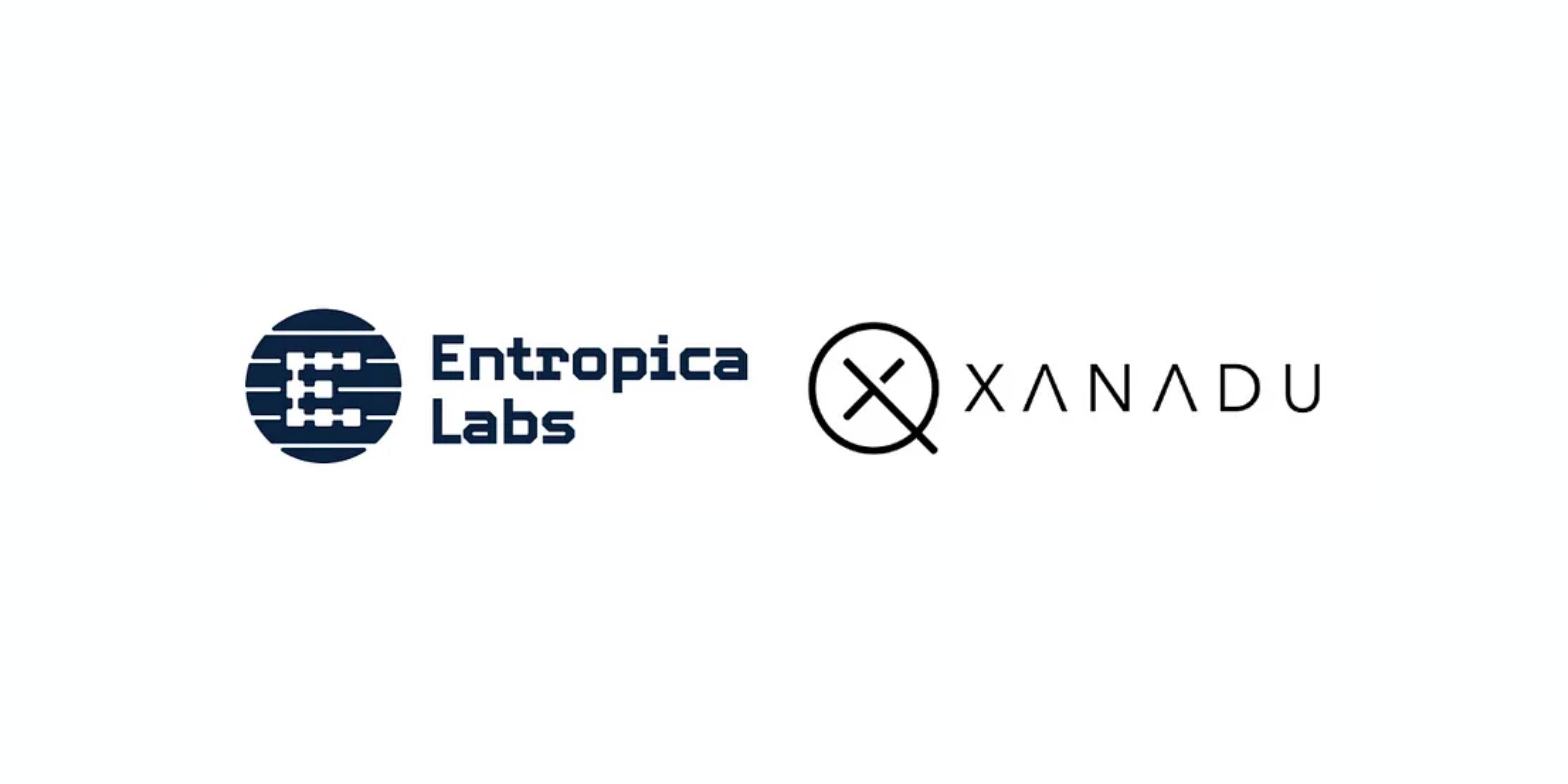Entropica Labs and Xanadu Partner to Simplify Fault-Tolerant Quantum Computing

Insider Brief:
- Entropica Labs and Xanadu have partnered to work towards fault-tolerant quantum error correction, integrating Xanadu’s software tools, PennyLane and Catalyst, with Entropica’s EKA data structure for validating QEC codes.
- The collaboration focuses on optimizing qubit utilization, addressing the critical challenge of limited logical qubits as the field moves beyond the noisy intermediate-scale quantum era.
- The partnership is designed to simplify quantum error correction by allowing developers to program seamlessly while EKA handles QEC processes, reducing complexity and enabling practical fault-tolerant quantum systems.
PRESS RELEASE — In a recent update, Entropica Labs and Xanadu have announced a partnership centered around tackling the complexities of fault-tolerant quantum error correction. This collaboration, uniting Singapore’s Entropica Labs and Canada’s Xanadu, represents an international effort to streamline the development of error-corrected quantum systems. According to the release, the partnership integrates Xanadu’s quantum software tools, PennyLane and Catalyst, with Entropica’s innovative data structure, EKA, which specializes in representing and validating quantum error correction codes.
Addressing Qubit Utilization Challenges
The collaboration focuses on an undeniable, top-of-mind issue in quantum computing: efficient qubit utilization. As the field transitions out of the noisy intermediate-scale quantum era and begins to explore FTQC systems, the number of logical qubits available remains limited. Efficiently managing these resources is essential to running meaningful quantum algorithms.
“Efficiently managing the fault-tolerant quantum error correction stack remains one of the greatest challenges towards useful quantum computers,” remarked Tommaso Demarie, CEO of Entropica Labs. “Our goal is to simplify these processes and enable users to run error-corrected computations without worrying about their complexity.”
This partnership will be dedicated towards that vision through the enhancement of existing software tools, allowing developers to optimize qubit usage while minimizing overhead, all towards the ultimate goal of scaling up quantum systems.
Simplifying Quantum Error Correction
As highlighted in the release, Entropica’s EKA data structure and Xanadu’s software tools allow users to abstract the complexities of quantum error correction, creating a seamless user experience. Developers can focus on programming with PennyLane and Catalyst while EKA handles QEC processes in the background. This approach not only seeks to reduce the burden on users but also accelerate the path to making fault-tolerant quantum systems accessible and practical.
Josh Izaac, Xanadu’s Director of Product, emphasized the significance of this collaboration, stating, “The long-standing statement here at Xanadu has always been to build quantum computers that are useful and available to people everywhere. This collaboration with Entropica Labs is part of that core vision, as we know that the potential of quantum computing can only be fully unlocked by correcting for unavoidable quantum errors. By combining our specialized, industry-leading software expertise, we will make significant headway in making fault-tolerant quantum computing a reality.”
A Unified Vision
By combining their expertise, Entropica Labs and Xanadu are actively working towards more efficient and practical quantum computing systems. The integration of tools like PennyLane, Catalyst, and EKA not only represents technical innovation but also embodies the shared ambition of both companies to advance the field.
As stated by Demarie, “By integrating Xanadu’s open-source software with Entropica’s error correction solutions, we provide the quantum developer community with innovative (software) tools to experiment with error correction and build towards fully fault-tolerant quantum algorithms. I am happy that together with Xanadu, we share the ambition to accelerate quantum computing’s journey toward transformative applications.”
